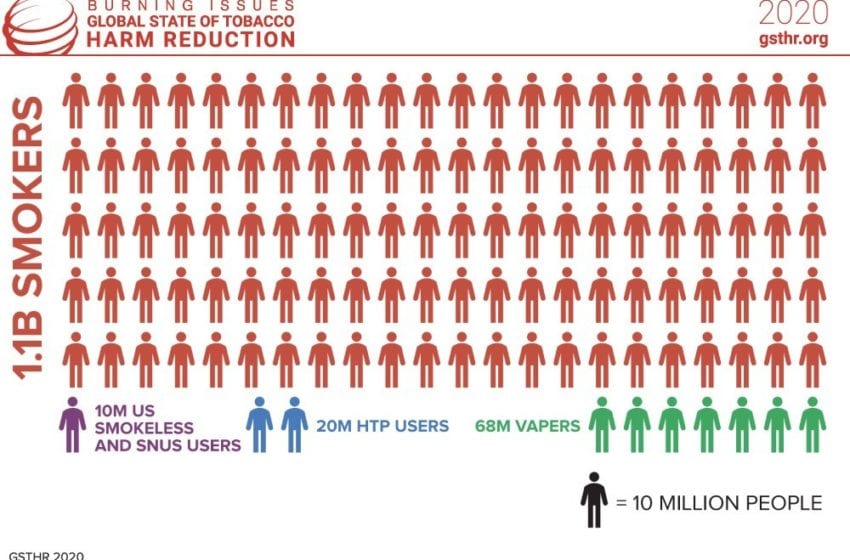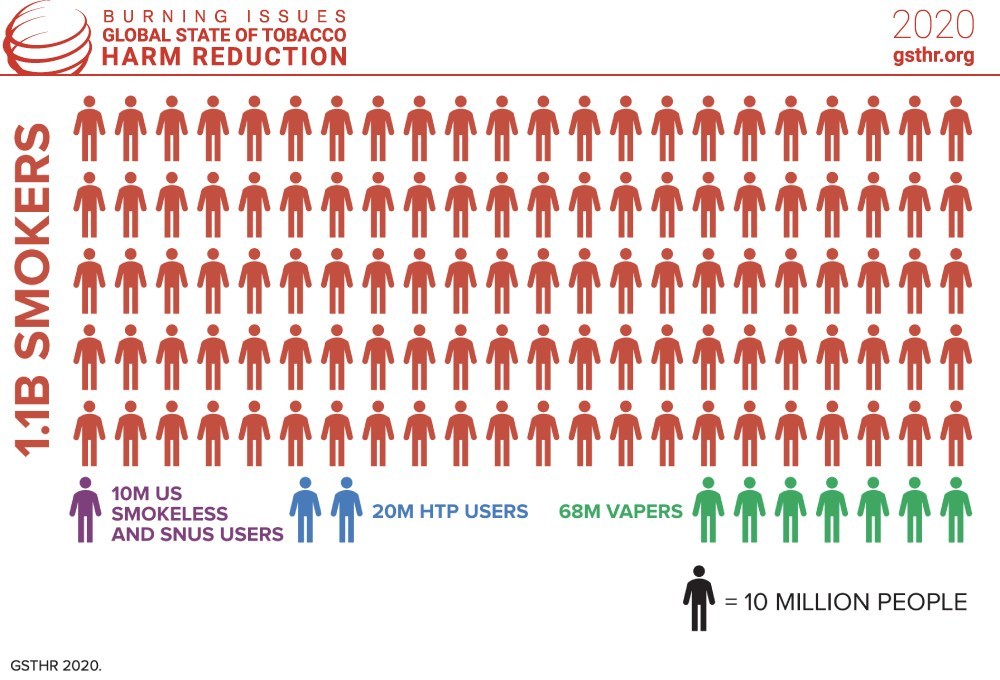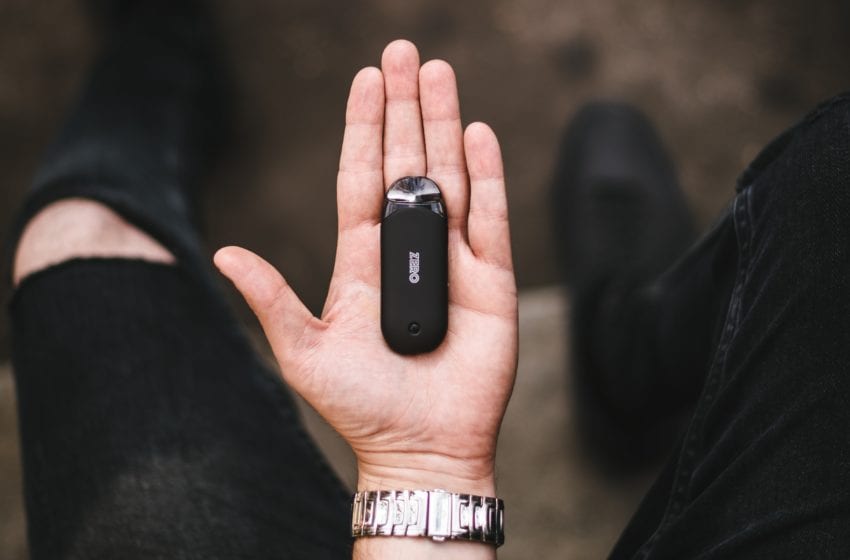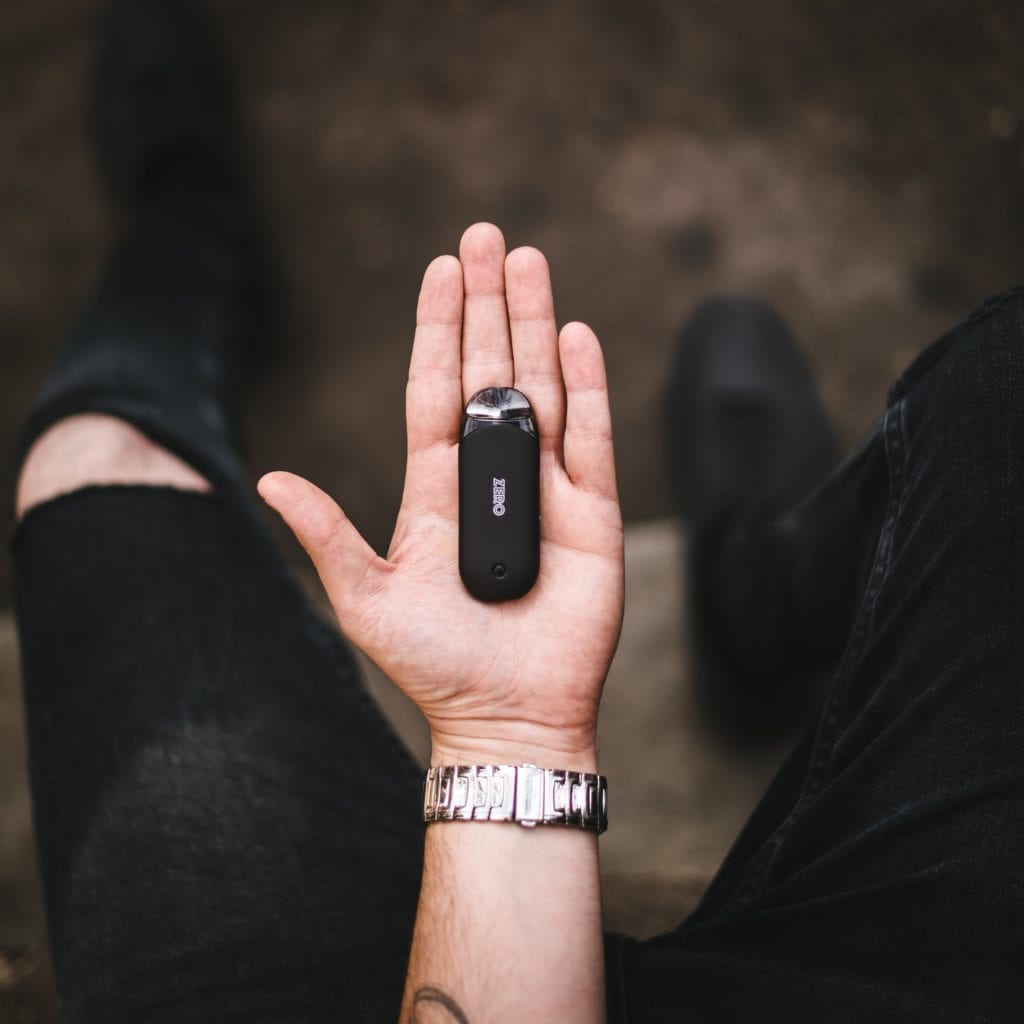Adolescent cigarette smoking has declined over the past several decades, e-cigarette use presents a new risk for nicotine use disorder, according to a new study. Published Nov. 9 in the journal Pediatrics, the new research suggests that e-cigarette use is associated with a higher risk of cigarette smoking among adolescents who had no prior intention of taking up conventional smoking.
“Research is showing us that adolescent e-cigarette users who progress to cigarette smoking are not simply those who would have ended up smoking cigarette anyway,” says Olusegun Owotomo, M.D., Ph.D., M.P.H., the study’s lead author and a pediatric resident at Children’s National Hospital in Washington, DC. “Our study shows that e-cigarettes can predispose adolescents to cigarette smoking, even when they have no prior intentions to do so.”
The study uses data collected by the Population Assessment of Tobacco and Health (PATH) study, an NIH and FDA collaborative nationally representative prospective cohort study of tobacco use, from 2014-2016. A more recent PATH study has shown the rate of youth e-cigarette use is declining.
Among adolescents who did not intend to smoke cigarettes in the future, those who used e-cigarettes were more than four times more likely to start smoking cigarettes one year later compared to those who did not use e-cigarettes.

















